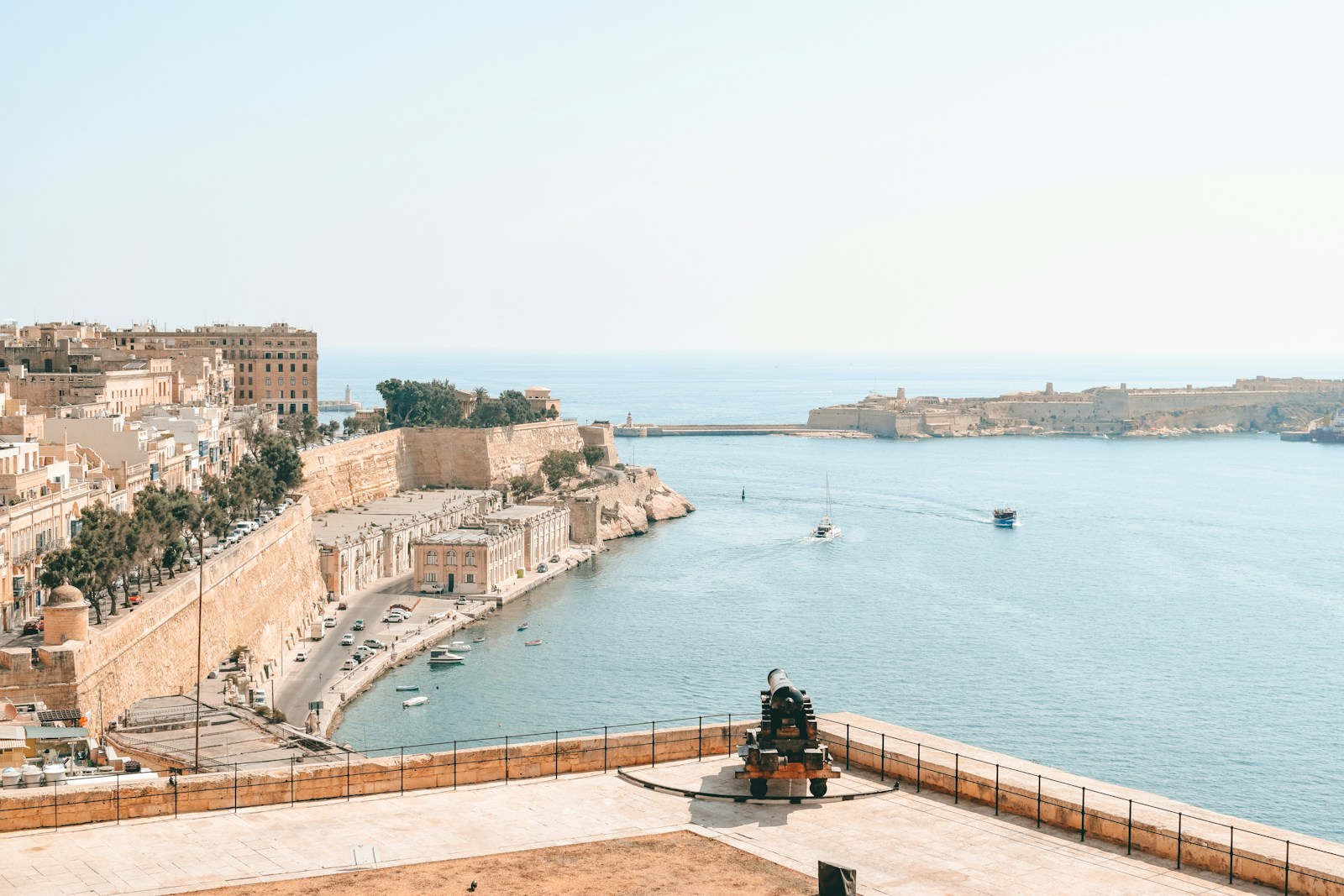Opinion
As BFD readers, a better-informed bunch than consumers of mainstream media, will be aware, protests by farmers and their supporters are rocking Europe, from Poland to Paris, Antwerp to Athens. While the grievances of the farmers are as diverse as Europe, there are a couple of common threads. One that unites all of the protests is fury at EU rules.
Even the tiny Mediterranean island of Malta is seeing its own protests. In this case, advocating for good old European protectionism.
Non-EU food products should be blocked from entering Malta if local supply meets demand, farmers have proposed.
The government should negotiate with the EU to get the clearance to do that, Malcolm Borg of Ghaqda Bdiewa Attivi said.
Farmers also want government subsidies on fertilisers, fodder and the cost of importing feeds, among other things.
At least farmers in Malta can take some comfort in the fact that they don’t have to go far.
The proposals were presented during a national protest held by farmers on Thursday, which began with a convoy of tractors making their way from Ta’ Qali to the Valletta waterfront area.
Or, 11km. Which Google Maps, which has clearly never driven in Maltese traffic, optimistically estimates it as a twenty-minute trip. Which is like being told it’ll take you just half an hour to get from Pokeno to the Viaduct during peak hour.
While the first Maltese event focused on expressing anger at EU laws and policies they say are huring local agriculture, Thursday’s event was intended to present proposals on how to improve things.
The farmers had five key demands, two of which are a common theme in EU farmer protests: blocking imports of cheap foodstuffs from non-EU countries. Which means, more than anywhere else, Ukraine. Ukraine is dumping agricultural exports in Europe, taking full advantage of an EU edict which waived quotas and duties on Ukrainian goods.
Brussels is also waiving its notoriously stringent rules, but only on Ukrainian imports. EU farmers still have to jump through every Byzantine hoop Brussels can throw in their way.
Especially, as usual, “climate” regulations.
A stop to any further EU rules that encourage land to remain fallow. Farmers say this is “absurd” in a country with limited agricultural land like Malta. Existing regulations concerning fallow land should reward farmers more than non-farmers who own land, they say.
Non-EU farmers also avoid other strict EU rules.
“Those farmers are not hampered by limits on the fertilizer they can use. They are free to use harmful chemicals that were banned in the EU 20 years ago”.
“We are not afraid of EU produce, because we have a high-quality product and we can compete. But we can’t compete with third countries,” [Alex Tabone] said.
Even the quintessential Mediterranean crop, the grapevine, is being hit.
Gerald Vella, who spoke on behalf of vineyard owners, said the farmland to grow grapes has declined by 70 per cent when compared to 20 years ago.
Much of that is because of uncontrolled imports, he said […]
Borg said farmers had chosen to hold the protest at the Valletta waterfront, close to where the Virtu Ferries catamaran from Sicily docks, as a symbolic gesture.
“Here is where most of the (imported) food arrives in Malta. Can we keep depending so much on importation and dismissing local produce?” he asked.
Borg argued that importers of non-EU goods are also selling local consumers inferior products.
To do so, the farmers claim, importers are gaming the system.
He alleged that Argentinian beef exported to France is then repackaged and sent to Malta after its initial expiry date.
“They just change the packaging with a new expiry date,” he said.
The real issue, though, is whether the Maltese government has any power to exercise its sovereignty under the iron umbrella of Brussels.
Among those hearing farmers and their concerns were Agriculture Minister Anton Refalo, Parliamentary Secretary Alicia Bugeja Said and Opposition Leader Bernard Grech.
The government has said that it has sympathy for farmers and pledged to advocate on their behalf within the EU’s halls of power […]
In comments to Times of Malta, Refalo insisted that the government had never backed EU laws that damaged farmers’ interests. Grech argued the opposite and said that even if the government was powerless to stop such laws, it had a duty to intervene to protect local farmers.
The Times of Malta
Maybe it’s time for a Mexit.

